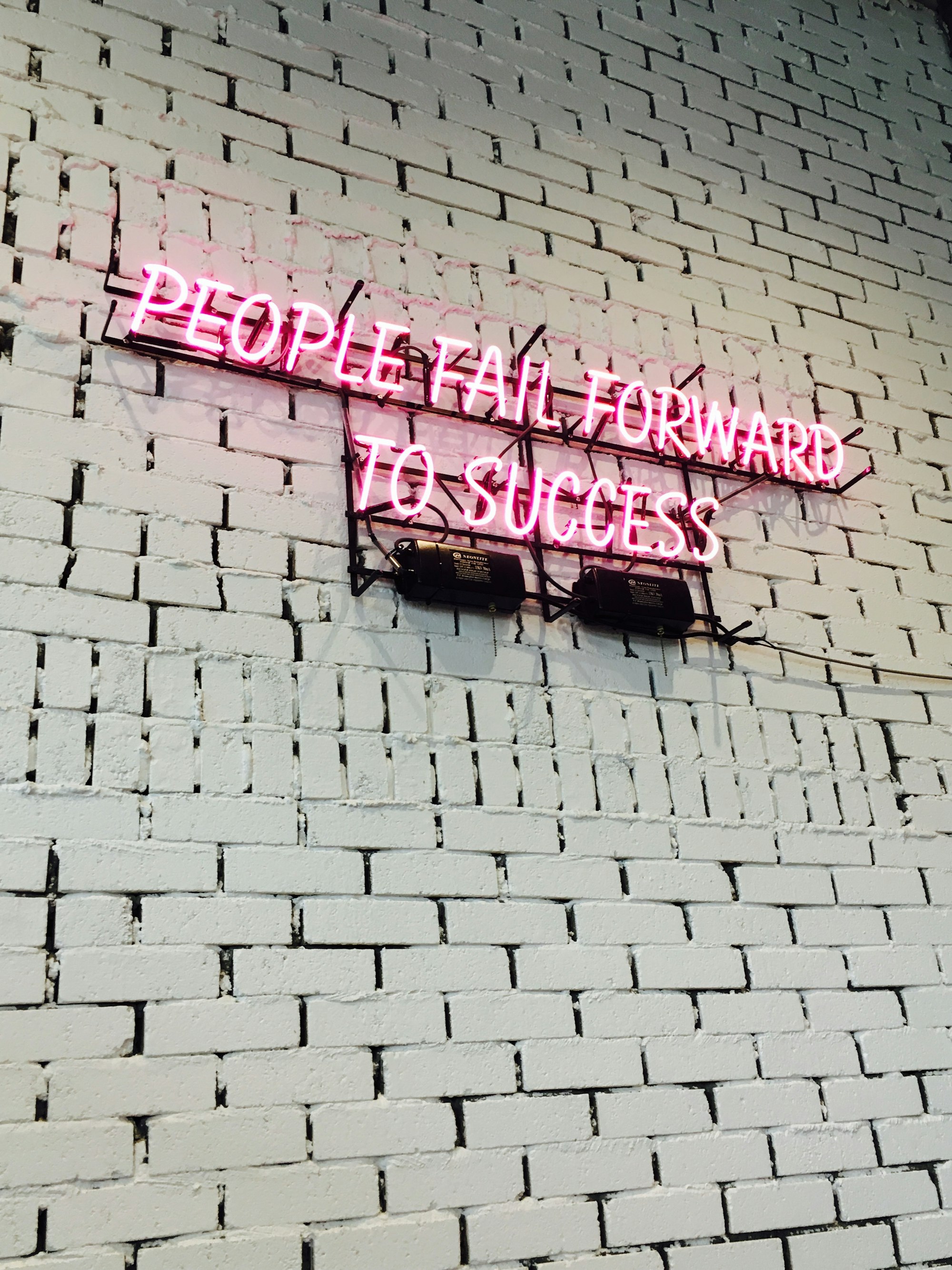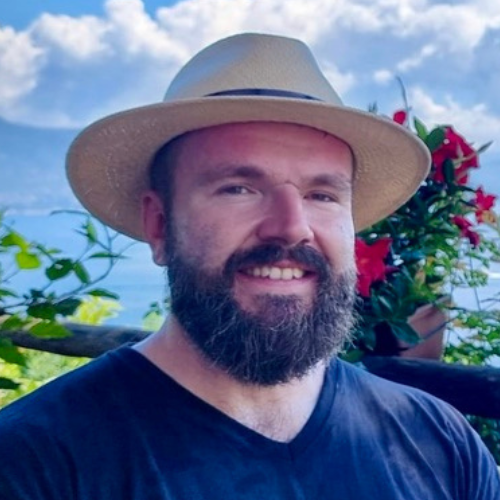Use the "Zero Day Approach" when you are stuck in self-optimization

I desire to find THE ONE routine that is so good that I can do it all my life. Same with note-taking and task management setups or exercise routines. My wish would be, for example, to keep my Daily Note every day in the same way (planning, execution and reflection) so that sometime in the future, I can look back on years of these notes.
But this is gross nonsense. First, routines must adapt to current circumstances and goals. And you don't want to stay in one place; you want to develop further. Secondly, every structure is eventually so cluttered with thoughts, tasks and ideas that, at some point, there's the need for a tabula rasa.

I was stuck in my self-optimization recently.
I had reached the necessary for tabula rasa a couple of weeks ago, which led me to throw out my old note-taking tool (Roam Research) and now use Obsidian to organize myself instead. These were the symptoms that compelled me to act:
- I had reached a point where, through well-settled routines, I spent 14-15 hours out of 16 doing something productive and creating value. On the one hand, that was an insane feeling to make so much every day. For example, I started this blog with a scheduled 30-60 minute timebox for "creativity" every morning. But after a few weeks of performing like that, I suddenly felt like I was in a cage: Constantly working according to my system. Having little variety or even sometimes doing nothing. I felt like in a self-forged (productivity) cage and like a robot.
- I aimed to lose weight and build muscle simultaneously and followed a lean body workout methodology. It looked like this: I alternated running and weight training every day in the morning. In the diet, I simultaneously set a calorie deficit of about 500-750kcal and rigorously tracked calories. After initial successes, however, it became increasingly difficult to keep to my calorie targets or go beyond my usual performance limits when exercising. I stagnated, and through the many different goals (conflicting goals even), I watered down my efforts in all areas. I know better: Subtraction beats addition every single time.
- I returned from a business trip one day (I suspended my routines per se) and wanted to get back into my "system", but I just couldn't. I looked into my task and note system and suddenly didn't see my structure anymore: What is to be done? Which tasks are essential, and which are not? Where is the beginning? Where is the end? I felt suddenly emotionally exhausted and intellectually overwhelmed. I looked into my list of "Daily Mindset Reminders" and found 256 items there, but I couldn't digest any of them. Then, on a walk, I noticed how exhausted my body was too: my legs unusually sluggish, my mind distracted by the tiniest thoughts, and I felt a strange pressure on my eyes that I usually feel only after total exhaustion. Then I knew I had manoeuvred myself through the well-meaning routines and my productivity system to a dead end.
I overdid my productivity system, and it was now beyond repair. I needed a reboot. I could categorize that as a failure, as usual, but this time I realized one more thing: looking back, I understand that none of my productivity systems lasted more than three months. It's usually exactly three months.
And that's when I first realized that maybe that's precisely how it should be: every three months, you throw all your structures and productivity system overboard and leave only what still helps and fits the new situation.

The "Zero Day Approach" helped me get unstuck again.
I then deliberately did nothing at all for a few days:
- I no longer counted calories: I ate just as I felt like.
- I have not done any sports and have only maintained the two long walks I do daily.
- I didn't take notes and just worked on my assignments off the top of my head.
- I stopped tracking my time use (time waste vs productive time).
- I dropped all goals
- And so on.

The 5-6 days helped me to regenerate physically and mentally. Excitingly, I also realized again that I am not happier doing nothing (sometimes, I think that should be the case).
Instead of reading knowledge books in the morning, I preferred to scroll around on Tiktok or other news and social media sites. But that was somehow also stressful. Just not productive stress, but unproductive stress.
After that, I started building my routines intuitively again and followed my flow: First came sports, then note-taking and task management. Lastly, more ideas came to me about developing myself further (e.g. practising digital painting again).

The Zero Day Approach helps you to improve your routines in iterations.
However, I did not build the new routines precisely like the previous ones but created an improved iteration:
- I have adapted my sport mode to my feelings and the time of year: I now do weight training every morning (I can do that at home when it's dark and cold outside) and only run every 2-3 days in the evening if I feel like it.
- I've skipped the calorie counting, so I'm eating based on my appetite.
- This leads to a positive, self-reinforcing domino effect: I eat a lot more than I would otherwise have allowed, but as a result, I suddenly progress significantly in building strength again.
- I'm now gaining weight again (a sin in my old mindset), but it's a "good" increase in muscles, which burn more calories.
And on the mental and cognitive side, I adjusted my note-taking and planning/execution productivity system to a format ("periodic note taking") that allows me to "forget" everything that happened in the last week/month/quarter/ear. I describe it in the blog article below:

So you can see from my example: it helps to detach yourself from your routines and structures from time to time, to float in chaos consciously (but briefly!), and then get started again full of energy with an improved routine and an improved mindset.
I hope the blog article will help and inspire you to make a fresh start if you also feel trapped in your self-optimization cage. Feel free to subscribe to this blog to read more tips on living a productivity-driven life.


Discussion